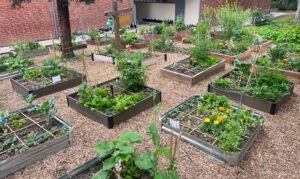By: PBP Co-Executive Directors – Kristina Banks, Shari Davis, and Kristania De Leon
One might think that finding hope in this moment is ineffective at best and downright irresponsible at worst. Don’t get us wrong–we see the last two years for what they were and continue to be: a pandemic that continues to ravage the most vulnerable among us, an economic system that keeps most of us starved, and a deep distrust in our existing structures and institutions. But we also see a humbling and hopeful truth: COVID and its aftermath has forced us to band together like never before. It has reminded us that we, the people, are the ones we’ve been waiting for. Instead of heroes swooping in from high places, we have everyday people operating massive mutual aid networks, turning GoFundMe into a top healthcare provider in the country, and, in pretty much every way, filling in the gaps that the system won’t. We see people strengthening old tools and leaning on new ones to create and expand systems of community care. In our world at the Participatory Budgeting Project, those tools have one thing in common: active participation and shared decision-making from everyone, including but not limited to those most historically disenfranchised but also most directly impacted by institutional decisions. The result is real, lasting change in power structures and, specifically, the way money moves.
However, this seismic change doesn’t come without consequences. Activists in our network are experiencing backlash for speaking the truth. In public meetings, they have been admonished and talked down to. Both their voices and lived experiences are being questioned, if not directly attacked. When partners used our decision-making processes to get police out of libraries, the library administration retaliated with mass layoffs. We’ve had to counteract union busting and targeting by local police like never before. This is what we experience when we try to create change, especially in our police budgets, our public policies, and our social good organizations. But the threat of retaliation is not outweighed by the larger threat of inaction. In our current system, people are dying–whether by virus, bullet or neglect–and we want–need–to live.
As we call on people to transform so that we can all live full, thriving lives, we are likewise being the change we want to see. This year our organization recognized that, internally, we needed to interrupt the nonprofit industrial complex that leaves so many activists suffering under toxic stress, chronic fatigue and under-resourced realities. To do that, we had really honest conversations around the question: what does taking care of our team mean? Together we embodied the idea of creating a safe and sustainable work environment for an organization doing transformative democracy work. We expanded policies around wellbeing, increased COVID sick leave, offered stipends for remote work. We offered each other the gift of deep listening and cultivated a culture of care.
And, as the micro mirrors the macro, we saw systems of care playing out at the federal level, too, via COVID recovery, and specifically the ARPA and CARES acts. As these funds are being distributed, we are seeing a huge boost in demands to use participatory budgeting and participatory democracy to deliver and allocate the resources. As we witness this and say ‘yes’ to requests to use the tools we’ve developed, we’re hearing a growing chant: our money, our choice. Yes, our work is about changing the way budgeting works, but, on a deeper level, it’s about building collective power and recognizing that money is a vehicle through which we can collectively imagine and create new futures we so desperately need. It’s a powerful one, but it’s not the only one. In that way, this is about so much more than just building back better. It’s about expanding people power and recognizing that all of the best things are done in collaboration.
The simple truth is that we can’t keep doing things the way we’ve always done. The other truth is that change is really hard, but we’re willing and able to hold ourselves to task as we ask others to do the same. We hope for a world where crowdfunding isn’t the default social safety net. We hope for a world where institutions are built by us–the people–and therefore center our lived experiences and actually address the root causes of the problems we face. We hope for a world where we really live the truth that we are our best things. To get there, we need everyone to realize that our current modus operandi doesn’t work for any of us, not just those on the margins. We need each other. We need each other to take personal responsibility and collective action. The lives of ourselves and each other are at stake. To join us, you can start by learning more about participatory democracy, advocating for it on big and small scales, and introducing it to your organization.




